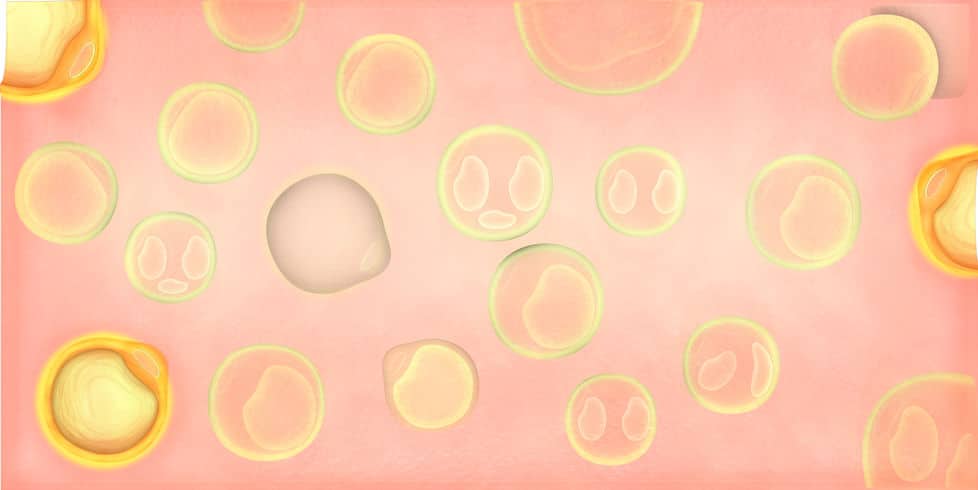By John Salak –
Who knew fat could be so good for you? Well, at least brown fat can.
Researchers at the Rockefeller University Hospital in New York have finally nailed down what many medical and research professionals have suspected for some time. Brown fat, which is almost as mysterious and it is magical, may provide an extraordinary boost for individuals looking to offset the risk of various medical conditions from type 2 diabetes to coronary disease. In sufficient quantities, it can also help fight obesity.
The study arrived at its conclusions after reviewing the medical profiles of the more than 50,000 individuals who had detectable levels of brown fat.
Brown fat is the pudgy winner because unlike white fat, which stores fat, it burns energy. This makes brown fat a potential remedy for treating obesity. For all the good news on brown fat, there’s are a couple of catches. There is no simple answer on a person can build brown fat. It is hard to identify just how much brown fat anyone holds because it is buried deep in inside the body.
The Rockefeller University Hospital research team notes brown fat has been studied for decades in newborns and animals. But it was only in the last decade that scientists also discovered it can be found in some adults, typically near their neck and shoulders. These discoveries encouraged researchers to investigate brown fat cells, which have the power to burn calories and generate heat in cold conditions.
Rockefeller University isn’t alone in studying brown fat and its potential benefits. A year ago, Rutgers University noted similar findings on the potential of brown fat to fight diabetes and obesity. But the Rutgers research did not have the data backing Rockefeller University used to support its conclusions and quantify brown fat’s potential impact.
The challenge facing all related research is the difficulty in undertaking large-scale studies because of the cost and radiation implications of using specialized medical imaging to identify brown fat cell deposits in individuals. The team at Rockefeller University Hospital got around this challenge by relying on scans already taken of individuals for cancer evaluations.
After examining 130,000 PET scans from more than 50,000 patients, the researchers identified the presence of brown fat in at least 10 percent of these individuals. They also found that individuals with brown fat were far less likely to suffer from type 2 diabetes, problems with high levels of cholesterol, hypertension, congestive heart failure and coronary artery disease.
They also found these individuals suffered from fewer obesity-related heart and metabolic issues. “It almost seems like they are protected from the harmful effects of white fat,” reported Paul Cohen, the Albert Resnick, M.D., Assistant Professor and senior attending physician at The Rockefeller University Hospital.
Cohen and his team acknowledged that it is still unclear exactly why brown fat generates these benefits. “We are considering the possibility that brown fat tissue does more than consume glucose and burn calories, and perhaps actually participates in hormonal signaling to other organs,” he noted.
The team also admits it doesn’t have a great answer to the origins of brown fat. “The natural question that everybody has is, ‘What can I do to get more brown fat?'” Cohen said. “We don’t have a good answer to that yet, but it will be an exciting space for scientists to explore in the upcoming years.”
The reports, nonetheless, are tantalizing. “These findings make us more confident about the potential of targeting brown fat for therapeutic benefit,” Cohen concluded.













